Understanding Septic Systems in Trailer Parks
Trailer parks, often referred to as mobile home parks, present unique challenges when it comes to sanitation and waste management. A critical question that arises is whether trailer parks utilize septic tanks for their sewage disposal. The answer is multifaceted, reliant on numerous factors including location, local regulations, and the infrastructure of the mobile home park itself.
What is a Septic Tank?
A septic tank is an underground chamber used for the treatment and disposal of sewage. It operates via a simple process: wastewater flows into the tank where solids settle to the bottom and form sludge while fats and oils rise to the top, forming scum. The middle layer of effluent is then discharged into a drain field for final treatment. Understanding this mechanism is paramount when assessing whether trailer parks have septic systems.

Factors Influencing the Use of Septic Tanks in Trailer Parks
Location and Geography
- In rural areas, especially where municipal sewer systems are either non-existent or insufficient, septic tanks are a common solution. Trailer parks situated far from urban infrastructure often depend on this system.
Regulatory Framework
- Local environmental regulations significantly influence the waste disposal methods employed by trailer parks. Certain jurisdictions mandate the use of septic systems while others facilitate connections to municipal sewage lines.
Infrastructure
- The design and layout of the trailer park can determine whether septic tanks are an option. Parks with limited space might find it challenging to install individual septic systems for each trailer, leading to communal solutions.
Are All Trailer Parks Equipped with Septic Tanks?
Not all trailer parks incorporate septic tanks into their waste management systems. A segmented overview of trailer park types can clarify this:
| Type of Trailer Park | Septic Tank Usage |
|---|---|
| Rural Parks | Commonly use septic tanks due to lack of sewage systems |
| Suburban Parks | May have access to municipal sewage; less frequent use |
| Urban Trailer Parks | Typically connected to city sewer systems; unlikely use |
| Luxury Mobile Home Communities | Often have advanced waste management, limiting septic use |
The Advantages of Using Septic Tanks
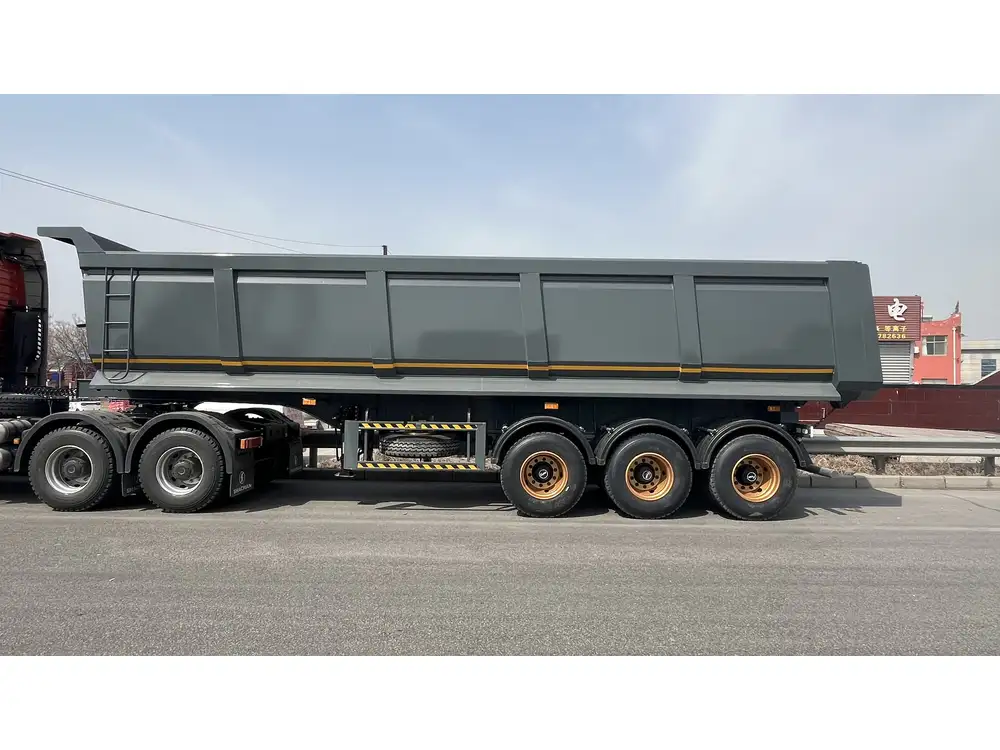
Cost-Efficiency
For many trailer parks, septic systems can be more economical in the long term, especially in areas with high installation costs for municipal connections.
Autonomy
Septic tanks provide a level of independence from city infrastructure, which can be particularly appealing in rural regions where utility services might be unreliable.
Lower Environmental Impact
When maintained properly, septic systems can be environmentally friendly, promoting the natural filtration of wastewater and minimizing pollution in nearby water bodies.
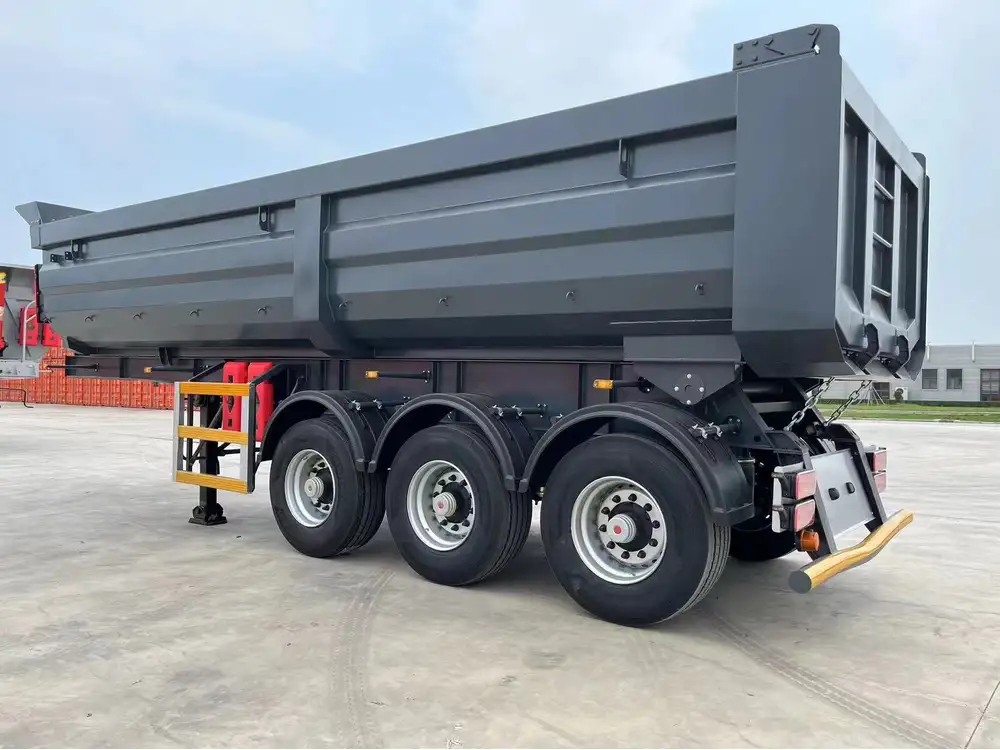
Longevity
With proper care and regular pumping, septic systems have proven to be durable, often lasting decades without significant issues.
The Disadvantages of Using Septic Tanks
Maintenance Requirements
Maintaining a septic system can be labor-intensive and requires regular inspections, pumping, and repairs. Neglecting these responsibilities can lead to system failure.

Space Limitations
Septic tanks require considerable space for proper installation and function. Some trailer parks may not have the necessary land for effective septic layout, making other options more viable.
Potential for Contamination
Improperly maintained septic systems pose a risk of groundwater contamination, which can have severe environmental and health consequences.
Mobile Home Park Management: Best Practices
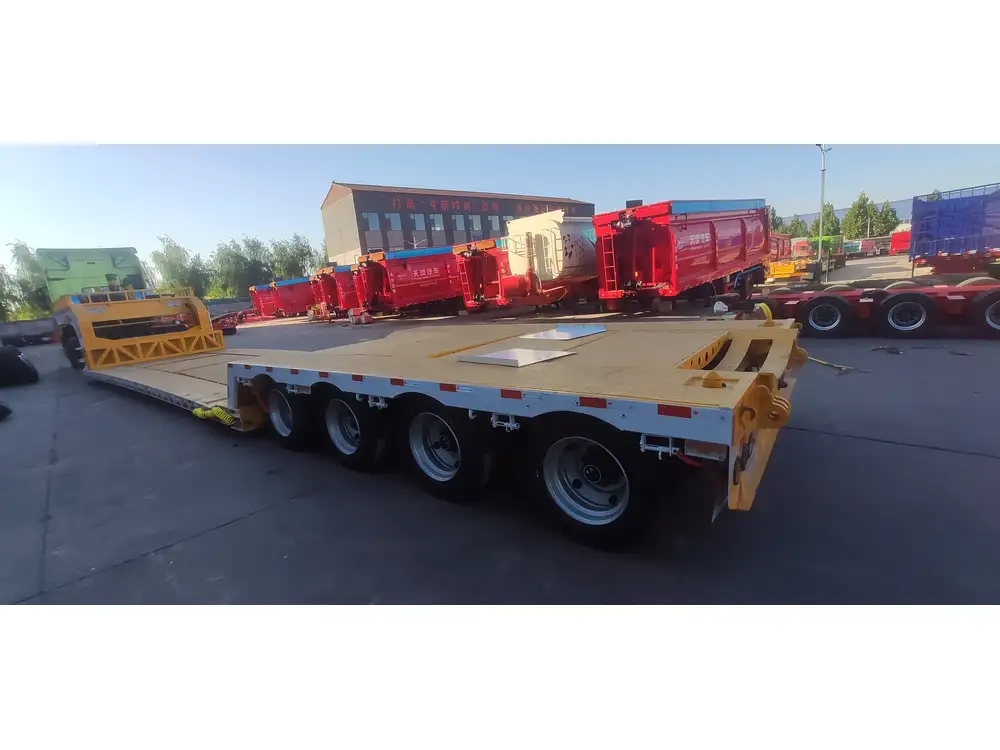
Regular Inspections
To ensure optimal function and longevity, septic systems should undergo regular inspections. This preemptive measure can thwart potential failures that lead to costly repairs.
Waste Diversion
Promoting responsible waste disposal practices among residents helps alleviate the strain on septic systems. Educating residents on what can and cannot be flushed is critical.
Upgrading Systems
Older septic systems may require upgrades or replacement. Investing in new technology such as aerobic treatment units can enhance efficiency while minimizing environmental impact.
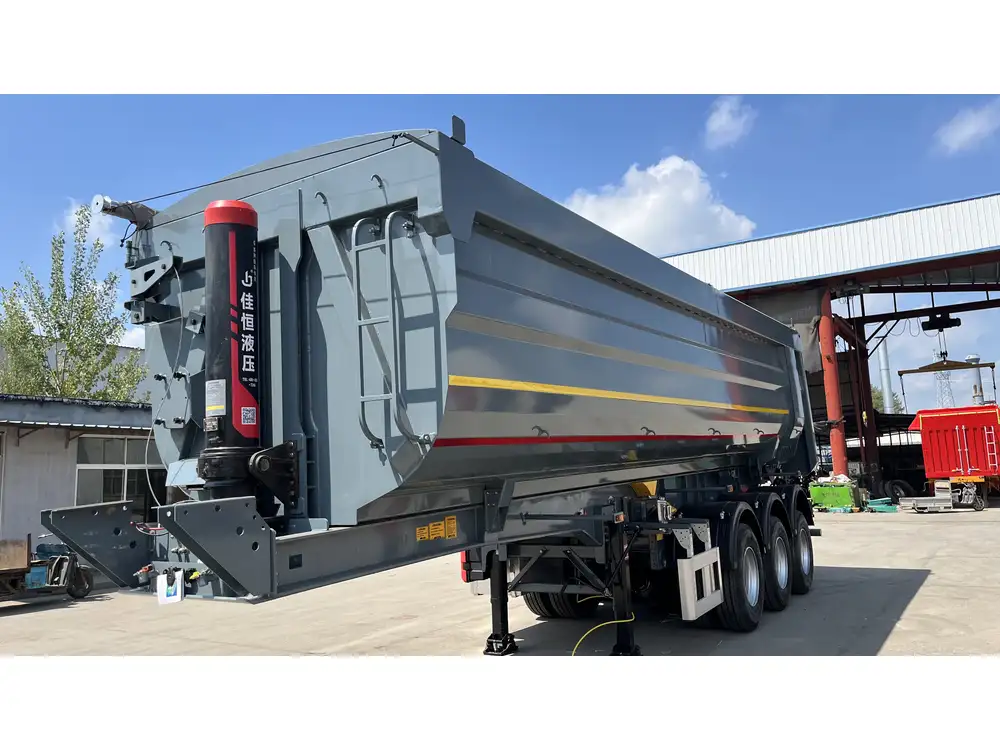
Environmental Education
Fostering an understanding of environmental stewardship among residents can lead to more responsible waste management and a commitment to protect local ecosystems.
Alternatives to Septic Tanks in Trailer Parks
Municipal Sewage Systems
In regions where municipal connections are available, many trailer parks prefer to utilize established sewer systems. These often present fewer maintenance challenges for park management, spreading the responsibility across larger city resources.

Alternative On-Site Waste Treatment
As technology advances, alternative on-site treatment systems such as aerobic or constructed wetland systems are gaining traction. These alternatives can provide effective waste management while minimizing space requirements and environmental impact.
Composting Toilets
Emphasizing water conservation, composting toilets can be implemented in areas where traditional sewage systems are impractical. They convert human waste into compost, reducing reliance on septic systems.
FAQs About Septic Systems in Trailer Parks
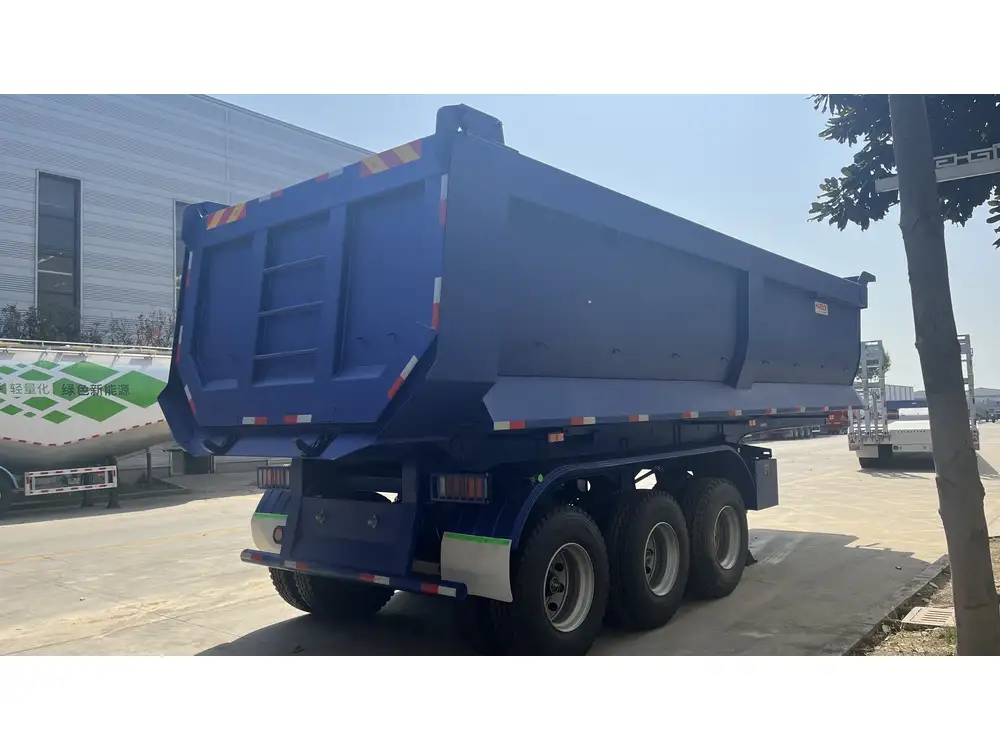
How Often Should Septic Tanks Be Pumped?
Typically, septic tanks should be pumped every 3 to 5 years, depending on factors such as tank size and household usage. However, parks should consider specific needs and conditions.
What Signs Indicate a Malfunctioning Septic System?
Common signs include backups in drains, slow-flushing toilets, and the presence of standing water around the septic tank area. Identifying these early can mitigate more extensive repairs.
Are There Regulations Specifically Governing Trailer Park Waste Management?
Yes, regulations vary by locality. It’s crucial for park owners and operators to familiarize themselves with local health department guidelines regarding septic system installation and maintenance.
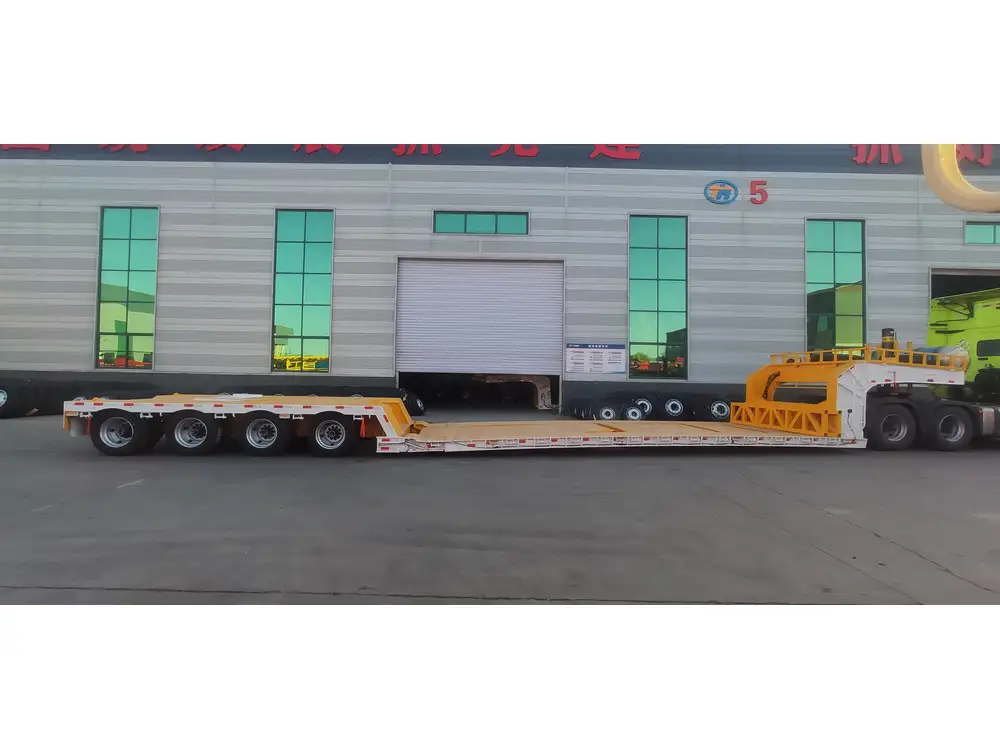
What Should Residents Do to Protect Their Septic Systems?
Residents should avoid flushing non-biodegradable items and be cautious about what chemicals go down the drain. Regular maintenance and addressing plumbing issues promptly also help prolong the system’s lifespan.
Conclusion
The question, “Do trailer parks have septic tanks?” reveals a complex web of considerations that are necessary to unpack. From location and regulatory issues to the environmental impact and maintenance needs, the presence and use of septic tanks in trailer parks must be evaluated on a case-by-case basis. Understanding these dynamics equips park managers, residents, and prospective homebuyers with the knowledge to make informed decisions regarding waste management solutions.
Whether opting for a septic system or connecting to municipal sewage lines, the critical takeaway remains: informed decision-making and proactive management are essential for ensuring sustainable living in trailer parks. With the right approach, these communities can flourish—offering safe, reliable, and environmentally friendly solutions for their residents.



